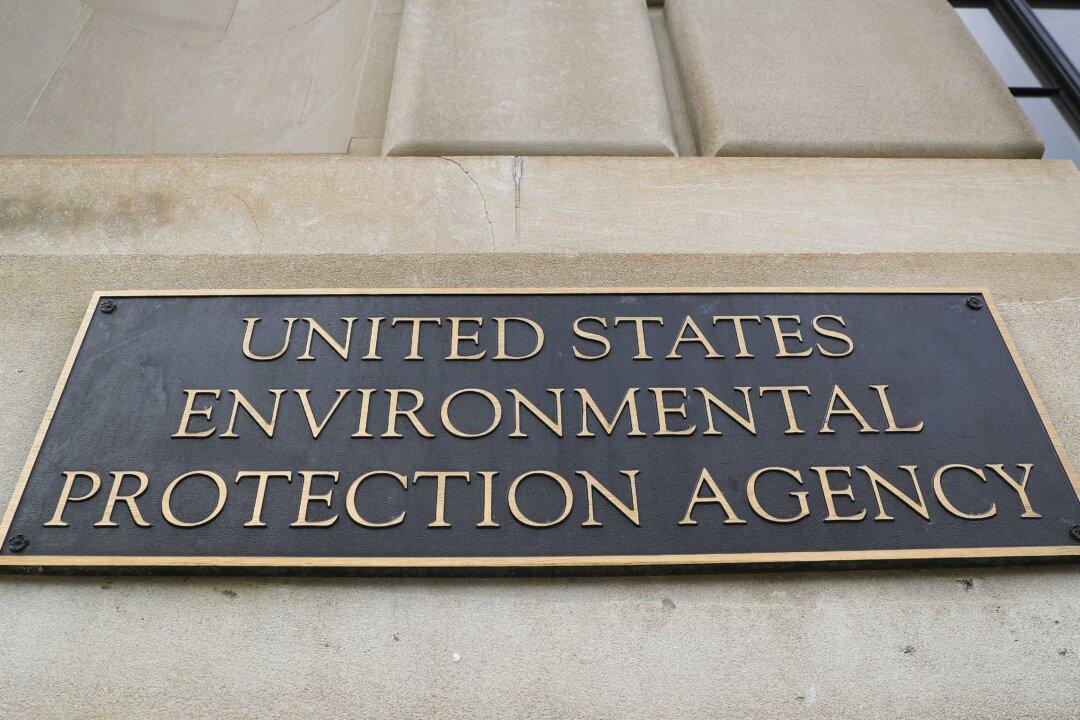Commentary
Scientific research is composed of several fundamental elements. Without these core steps, the results of any experiment should be considered questionable, if not outright invalid. These elements include making observations, forming a hypothesis, designing and conducting experiments, documenting the results, and sharing all the data so that the work can be peer-reviewed and replicated.

